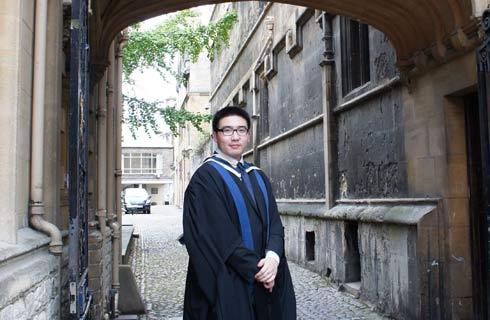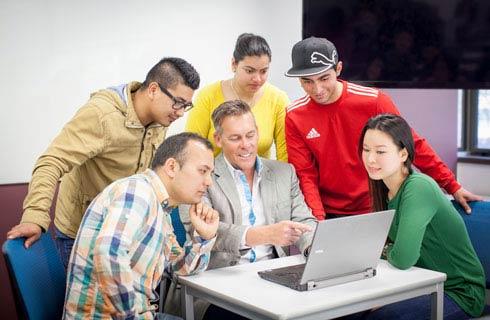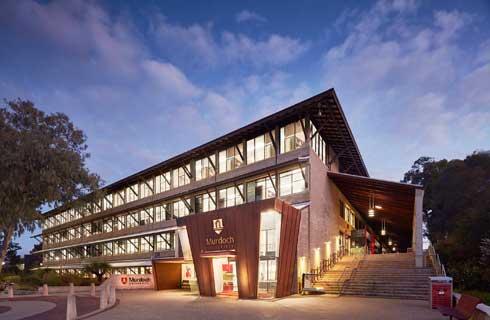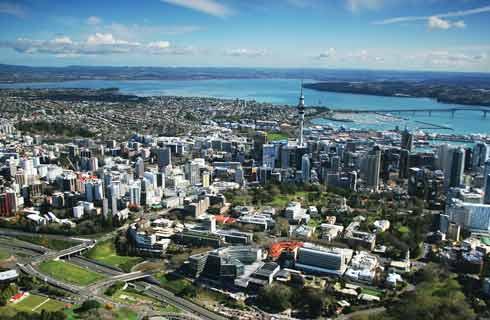航空哲学博士
Doctor of Philosophy in Aeronautics

学历文凭
Ph.D.

专业院系
Department of Aerospace

开学时间

课程时长

课程学费

国际学生入学条件
Applicants must have completed a bachelor's degree or the equivalent before beginning graduate study.
Applicants whose native language is not English and those who have had no formal instruction in English will be required to take a test to evaluate English proficiency. Please refer to "Required Tests" for a list of the GRE reporting requirements and the English proficiency exams currently accepted. The admissions committee may also consider research papers, publications and other original work.
IDP—雅思考试联合主办方

雅思考试总分
6.0
- 雅思总分:6
- 托福网考总分:60
- 托福笔试总分:160
- 其他语言考试:NA
CRICOS代码:
申请截止日期: 请与IDP联系 以获取详细信息。
课程简介
The Institute offers graduate programs in aerospace leading to the degrees of Master of Science in, Aerospace Engineer, and Doctor of Philosophy in Aeronautics or Space Engineering. The programs are designed to provide intense education in the foundations of the aeronautical and space sciences, with emphasis on research and analytical, computational, and experimental methods. Entering graduate students should have a thorough background in undergraduate mathematics, physics, and engineering science. Applicants for graduate study are also required to submit Graduate Record Examination scores with their applications.In working for a degree in aerospace, a student may pursue major study in one of the following areas: physics of fluids, physics of solids and mechanics of materials, structural mechanics, space technology, computational solid mechanics, computational and theoretical fluid dynamics, aeronautical engineering and propulsion, biomechanics of fluids and solids, technical fluid mechanics, control of aerospace systems and materials.Have integrated formal course work into a mature understanding of fundamental engineering concepts, and demonstrated professional competence in applying these concepts to research problems in this area, Be able to communicate this engineering knowledge to scientists and the public, Be well qualified for a career in aerospace and related fields.
相关申请
 预科
预科 奖学金
奖学金 实习机会
实习机会 在校学习
在校学习 跨境学习
跨境学习 校园授课-线上开始
校园授课-线上开始 在线/远程学习
在线/远程学习
开学时间&学费
学费信息仅供参考,请与IDP联系以获取详细信息
| 开学时间 | 时长 | 学费 | 地点 |
|---|
学校排名

世界排名5
数据源:
泰晤士高等教育世界大学排名
关于加州理工学院

如果你的SAT成绩很不错,喜欢学习数学、科学或者工程方面的知识,并且有独立的研究经历、有已经发表的论文,那么你可以试着申请加州理工。Caltech是世界上最好的理工大学之一。在物理、行星科学、地学领域被公认为全美第一。此外,化学、航空航天、生物科学、电子工程、数学等专业的学术排名也一直位居全美前十位。 加州理工本科人数不超过1000人,与其它旗舰级的综合性大学相比,这看似渺小的数字背后,蕴藏着无限的天赋和聪慧。如果你有幸成为Caltech每年招收的200个大一新生之一,请做好你前后左右都是科学天才的思想准备。加州理工不大的校园里竟然容纳了50多个高级研究中心,研究领域涵盖人工智能,化学,地震学等等。此外,NASA的喷气推进实验室和夏威夷的凯克天文台也属于Caltech的外地实验室,后者更是配备了世界上两个最大的光学与红外望远镜!将近4亿美金的研究合同经费保障了Caltech无论在人力还是设备上都能够始终位于科技的最前沿。自1980年以来,Caltech已经拿到了超过2000个美国国家级专利! 即使你不想追随另外31名校友的脚步去夺下某个领域的诺贝尔奖,单从Caltech顺利毕业已经足够保障你的后半生丰衣足食。2012年加州理工毕业生的平均年薪是惊人的82000美元!55%的学生可以拿到奖学金,金额全额满足学生的要求。300位教职员工中有三分之一是美国国家科学与工程学院的会员。说到这里,你应该自己就能算出Caltech的师生比了吧—1:3,对,这就跟请一个诺贝尔奖得主给你做家教差不多了!
本校相关课程
其他相关课程
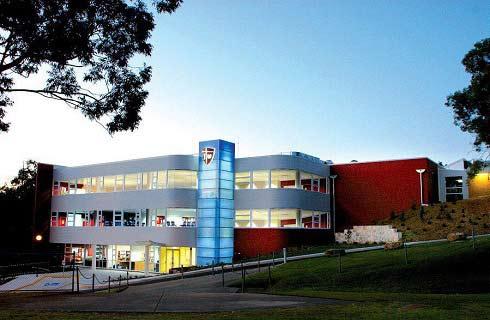
航空航天工程哲学博士
 多伦多都会大学
多伦多都会大学学历文凭
Ph.D.
开学日期
课程费用总额

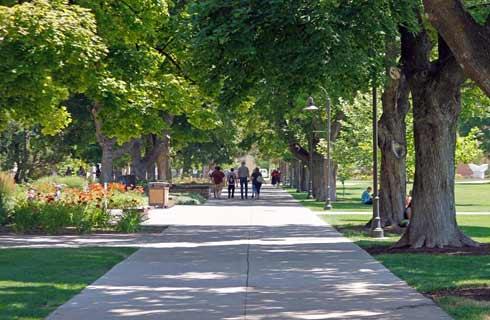
航空航天工程学硕士
 多伦多都会大学
多伦多都会大学学历文凭
Masters Degree
开学日期
课程费用总额

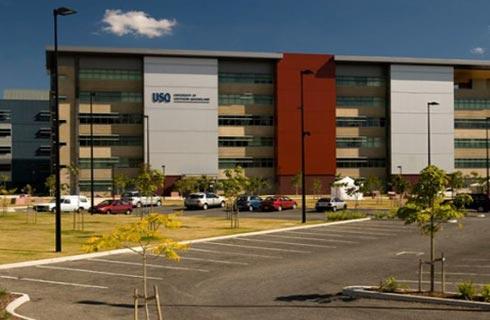
航空航天工程应用科学硕士
 多伦多都会大学
多伦多都会大学学历文凭
Masters Degree
开学日期
课程费用总额


航空航天工程学士学位
 多伦多都会大学
多伦多都会大学学历文凭
Bachelor Degree with Honours
开学日期
课程费用总额


航空航天工程学硕士(非论文)
 麦吉尔大学继续教育学院
麦吉尔大学继续教育学院学历文凭
Masters Degree
开学日期
课程费用总额


航天工程学士学位(荣誉学位)
 约克大学
约克大学学历文凭
Bachelor Degree with Honours
开学日期
课程费用总额










 美国
美国
